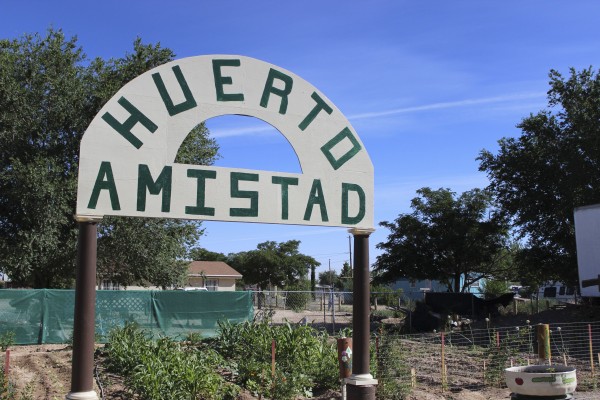Lawmakers call for more transparency in port-of-entry funding
|
WASHINGTON – Texas needs more funding for its ports of entry. So does Michigan. Lawmakers from both states berated federal officials Wednesday for failing to improve the ports and for not even having a current list of which ports are on a list for funding. “The lack of transparency is troubling, to put it kindly,” Rep. Candice Miller, R-Mich., said during a House subcommittee on Border and Maritime Security hearing. “Customs and Border Patrol cannot continue to be a big black hole when it comes to ports of entry infrastructure needs, which can impact both trade facilitation and homeland security.”
Infrastructure needs at ports of entry often refers to CBP staffing, identification technology and roads.


